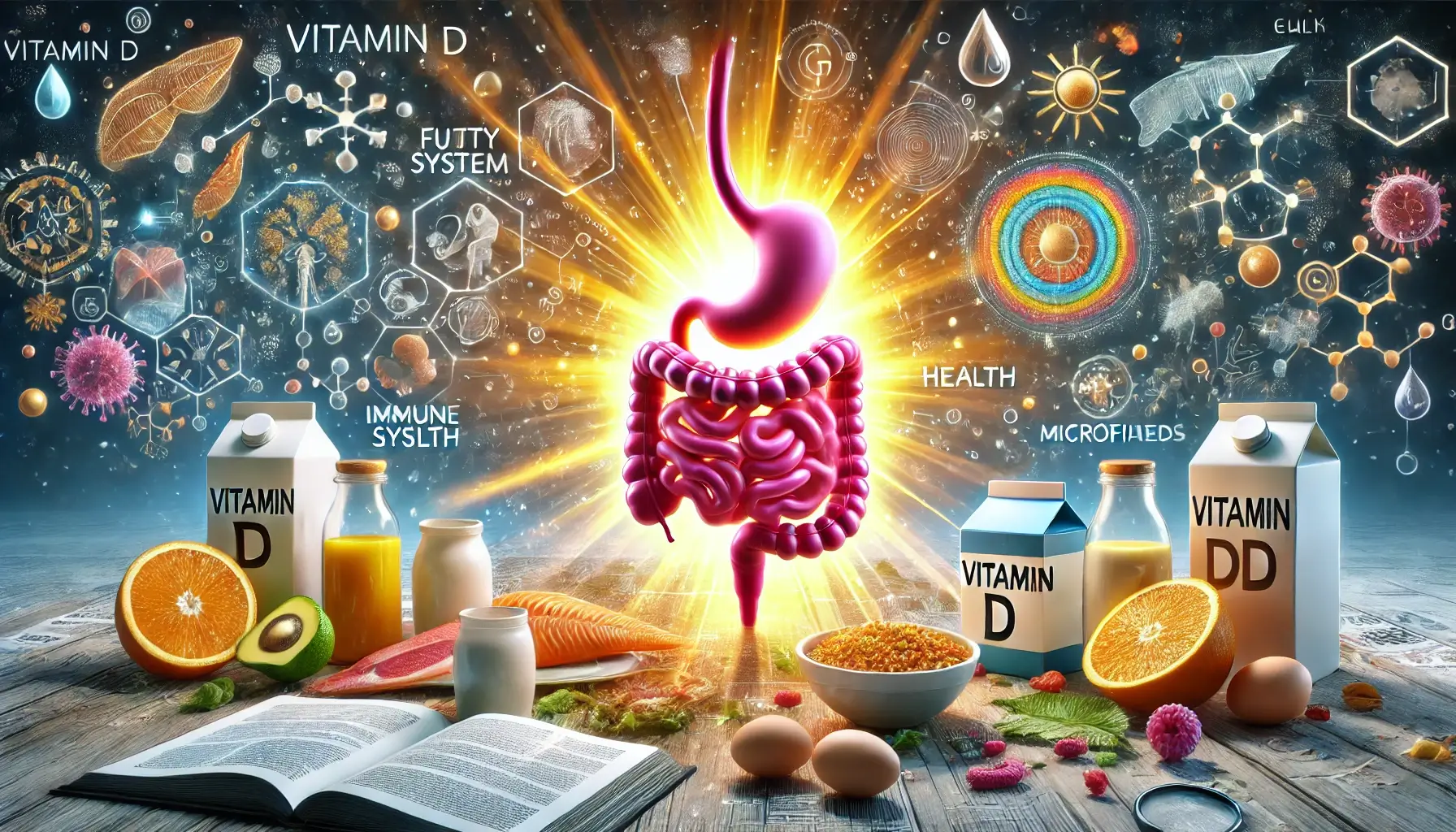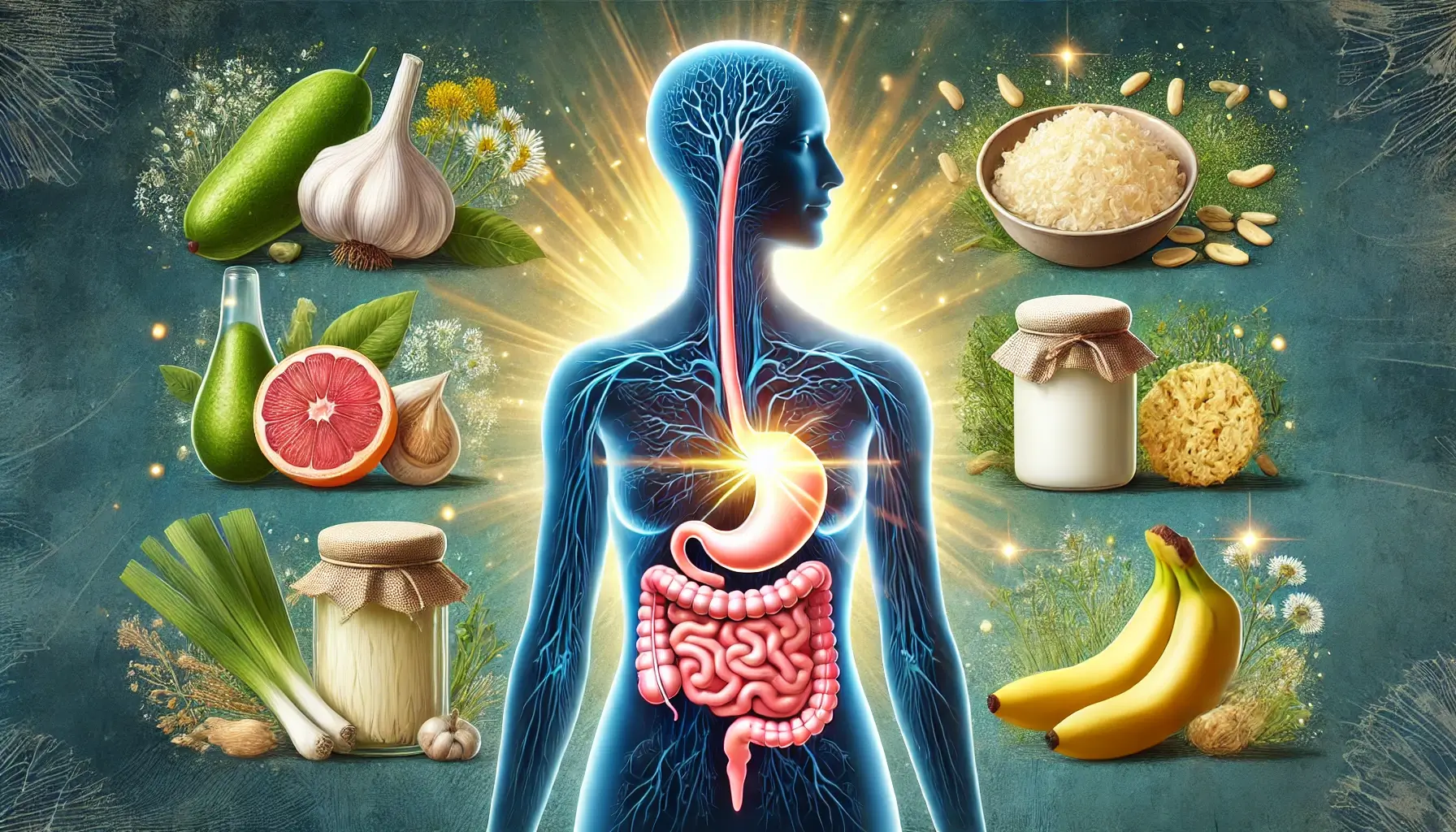Heartburn, Also Known As Acid Reflux, Causes a Burning Sensation In The Chest
Heartburn, also known as acid reflux, causes a burning sensation in the chest that can last from a few minutes to several hours. It occurs when stomach contents return to the esophagus, the tube that transports food and fluids from the mouth to the stomach. The esophagus links to the stomach by a circular muscle called the lower esophageal sphincter.
When the LES relaxes excessively or fails to function properly, stomach contents might wash up into the esophagus. Long-term stomach acid exposure can harm the esophageal lining, resulting in precancerous alterations or even esophageal cancer.
People who have infrequent or mild heartburn can usually treat it with over-the-counter antacids or more potent prescription drugs like H2 blockers and proton pump inhibitors. PPIs, such omeprazole (Prilosec) and pantoprazole (Protonix), suppress stomach acid production.
If you have frequent or severe heartburn, see your doctor to discuss alternate treatment options.
Weaker drugs, such as antacids, lessen the quantity of acid that enters the esophagus, but they do not address the underlying reason.
If you have frequent or severe heartburn, see your doctor to discuss alternate treatment options. Your doctor will ask about your symptoms and how frequently they occur and run tests to evaluate your esophagus and acid levels.
Your doctor may recommend lifestyle and dietary modifications to help prevent or treat heartburn. These include eating smaller meals, avoiding items that cause heartburn, and not sleeping with a full stomach (allow 3 to 5 hours between your previous meal and resting down).
Avoid lying down or bending over quickly after eating; both of these motions can cause the stomach to create too much acid. You can also reduce weight by avoiding carbonated or alcoholic beverages.
If dietary and lifestyle changes are ineffective in treating heartburn, a doctor may consider a treatment to relieve acid reflux.
Many common over-the-counter and prescription medications, including ibuprofen (Advil, Motrin) and acetaminophen (Tylenol), can exacerbate heartburn. Avoid them or take them with food to reduce irritation.
Other drugs that might cause esophageal irritation include narcotic painkillers like oxycodone and hydrocodone, as well as antidepressants like citalopram (Celexa) and fluoxetine (Prozac).
If dietary and lifestyle changes are ineffective in treating heartburn, a doctor may consider a treatment to relieve acid reflux. UCI Health esophageal specialists can perform incision-free or minimally invasive procedures to reduce acid reflux and prevent long-term esophageal damage.













